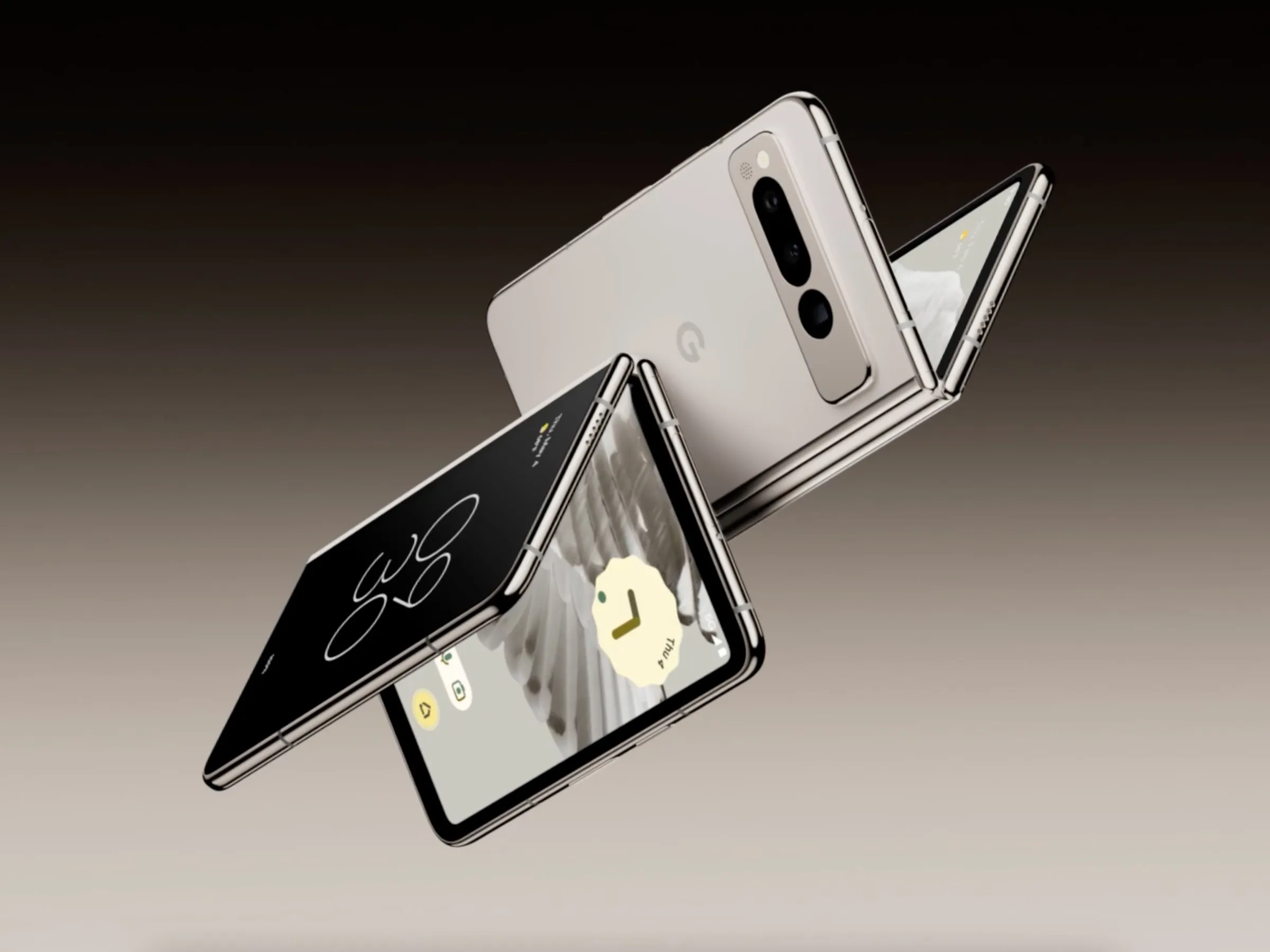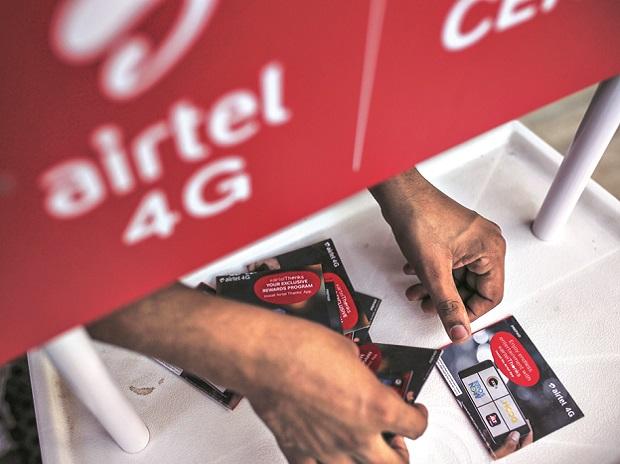 Blackberry offered few signs of a long-promised turnaround on Friday, with an unexpected quarterly operating loss, few details on sales of its make-or-break new devices and no return to profit in the current quarter.
Blackberry offered few signs of a long-promised turnaround on Friday, with an unexpected quarterly operating loss, few details on sales of its make-or-break new devices and no return to profit in the current quarter.
BlackBerry shares tumbled 20 percent to $11.58 in U.S. trading before the market opened.
BlackBerry, struggling to compete against Apple Inc’s iPhone, Samsung’s Galaxy smartphones and other devices powered by Google’s Android operating system, reported a net loss of $84 million, or 16 cents a share, in the first quarter ended June 1. That compared with a year-earlier loss of $518 million, or 99 cents a share.
Excluding one-time items, BlackBerry reported a loss from continuing operations of $67 million, or 13 cents a share, on revenue of $3.1 billion. Analysts, on average, expected a profit of 6 cents a share, on revenue of $3.36 billion, according to Thomson Reuters I/B/E/S Estimates.
“Quite frankly, the fear is that with a full quarter of (the new) BlackBerry 10 sales – we haven’t received the BlackBerry 10 unit numbers yet – but certainly it doesn’t bode well for the initial BlackBerry 10 launch, particularly the Z10. But even the outlook for a Q2 loss doesn’t bode well for the Q10 either,” said Brian Colello, an analyst with Morningstar.
BlackBerry launched two all-new smartphones this year, the touch screen Z10 (Review I Pictures) device, followed by the Q10 (Review I Pictures), with a mini keyboard favored by many BlackBerry users.
The Z10 only hit store shelves in the crucial U.S. market in late March, while the Q10 device only reached the United States after the end of BlackBerry’s fiscal first quarter.
The Waterloo, Ontario-based company said it shipped 6.8 million smartphones in the quarter, up 13 percent from the final quarter of its last fiscal year. But it did not say how many of them were BB10 devices.
Analysts said the shipment numbers indicated sales of the new devices have not yet been as good as they hoped.
BlackBerry did not provide a detailed outlook for the rest of the year, saying the smartphone market remained highly competitive, making it difficult to estimate units, revenue and levels of profitability.
Source-NDTV





